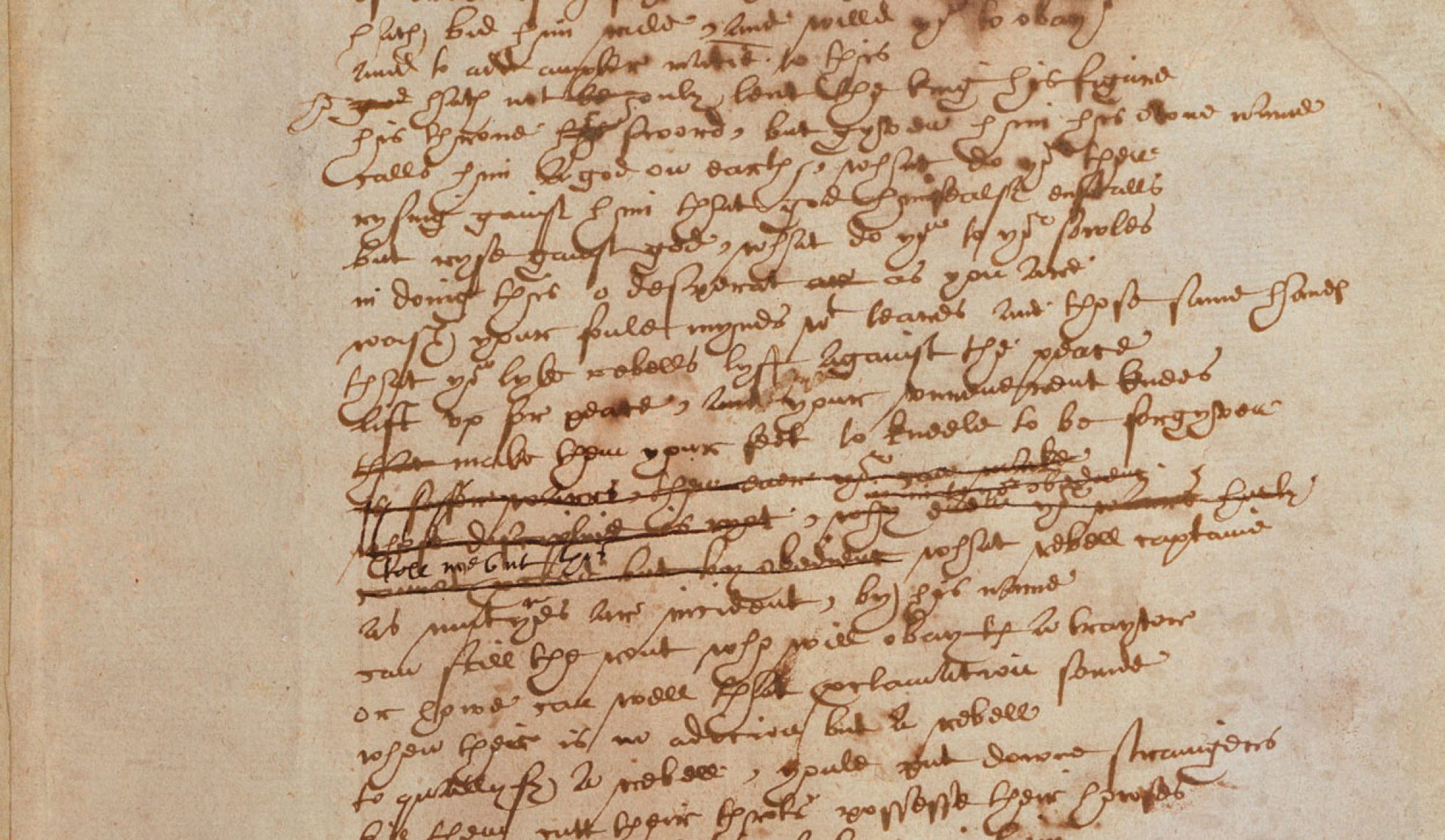I hoped to chime in at some point during the latter half of class today in order to spare you another post (I don’t feel comfortable being a blog-hog!); I would like to put a few thoughts out there, though, be they in the way of further speculation on time and history in our critical thinking. So here goes.
I feel like our ambivalence today – between the inclination to preserve what might be a sequential, roughly diachronic mode of thinking predicated on phenomenal experience or perception, and the acknowledgement and pursuit of an interpretive logic or simply apprehensive faculty that would account for multi-temporality or polychronicity – derives from our current disciplinary situation. Which perhaps sounds self-evident. But I couldn’t help thinking of disciplinary history during our discussion – specifically, when Will commented on confronting a (here) textual object occluded? or enhanced? by layers of historical sediment: spin-offs, parodies, associations, etc. I was thinking, just as Will was about to articulate that notion of arriving at an ur-text, of sorts, “excavation”: this is a process of excavating the (here) literary past. But (I’m almost certain) Will said “reconstruct.” Which put me squarely in mind of philology.
(Bear with me, please, and please correct where necessary; this is fairly untried stuff.) We’re hoping, especially these two weeks, to follow through on historical attention to words, and that sounds compatible with the philological enterprise of yore – before the consolidation of literary studies as we know it around the turn of the twentieth century, but really a few decades into the 1900s. I write “of yore,” knowing that philology exists to this day as the study of linguistic features, patterns, and transformations in classical languages (and I hope I’m not entirely butchering that, esp. vis-à-vis historical linguistics; classicists, don’t hold back). But it went out the window with respect to vernacular languages in the literary field after the 1800s – that is, philology as it was then known.
What I find incredibly fascinating is the way in which philology has in fact splintered into new or adjacent domains and perseveres under different titles, in different places, today. I’m thinking of it in the European (to my knowledge, specifically German) context, as equivalent to American bibliography, loosely, and textual criticism, more precisely. This refers to scholarship that approaches texts as material objects – looking at textual variants, editorial and print histories, physical properties – in order to establish authoritative versions of texts or pin-point them on a bibliographic continuum. That’s very much still a project of “reconstruction,” only it announces itself, in the post-modern environment, as amenable to the kinds of receptivist tendencies we articulated today – to textual identity as inclusive of spatio-temporal contingencies. (Not to get too left-field here, I’m thinking of a book called Bibliography and the Sociology of Texts, by D. F. Mackenzie, which argues, in part, that each different iteration of a text bears significance and a kind of positive value in its, as it were, deviancy.) So this is effectively a materialist shoring-up of what I imagine constituted part of traditional philology into an independent (and relatively uncommon) discipline today.
The other side of current philological interest – or at least, a putative throwback to philology from not too long ago – factored into the late-century conversation over literary theory. I’m not confident in my ability to impart this material accurately, but there was talk of a “return to philology” (cf. Paul de Man) as part and parcel of critical/theoretical/arguably abstract literary inquiry that still rejected the ostensible positivism of traditional philological practice while actually promoting close reading techniques attuned to latent textual meaning (not under the auspices of New Criticism per se, that is). I think this coincides with, or at least relates to, the kinds of representations of time and history we encountered today – ones that reimagine linear time (at bottom, undermining the idea of a primary textual occasion, origin, or genesis). Ones that [try to – but that’s just me] retain the likes of our class project – thinking about the fabric of the language and the texture of words – without recourse to outmoded philological paradigms.
To recap: Thinking about literary language in conjunction with history recalls philology, which doesn’t exist in modern literature departments. There is a materialist study of texts, compatible with what’s called philology elsewhere, if we’re asking about books and not, say, cups and saucers. And the latest phase of philological inquiry, it seems to me, tried to redefine “reconstruction.” Might this kind of philological nebulousness have contributed to our being hard-pressed for answers today?
Jessica
